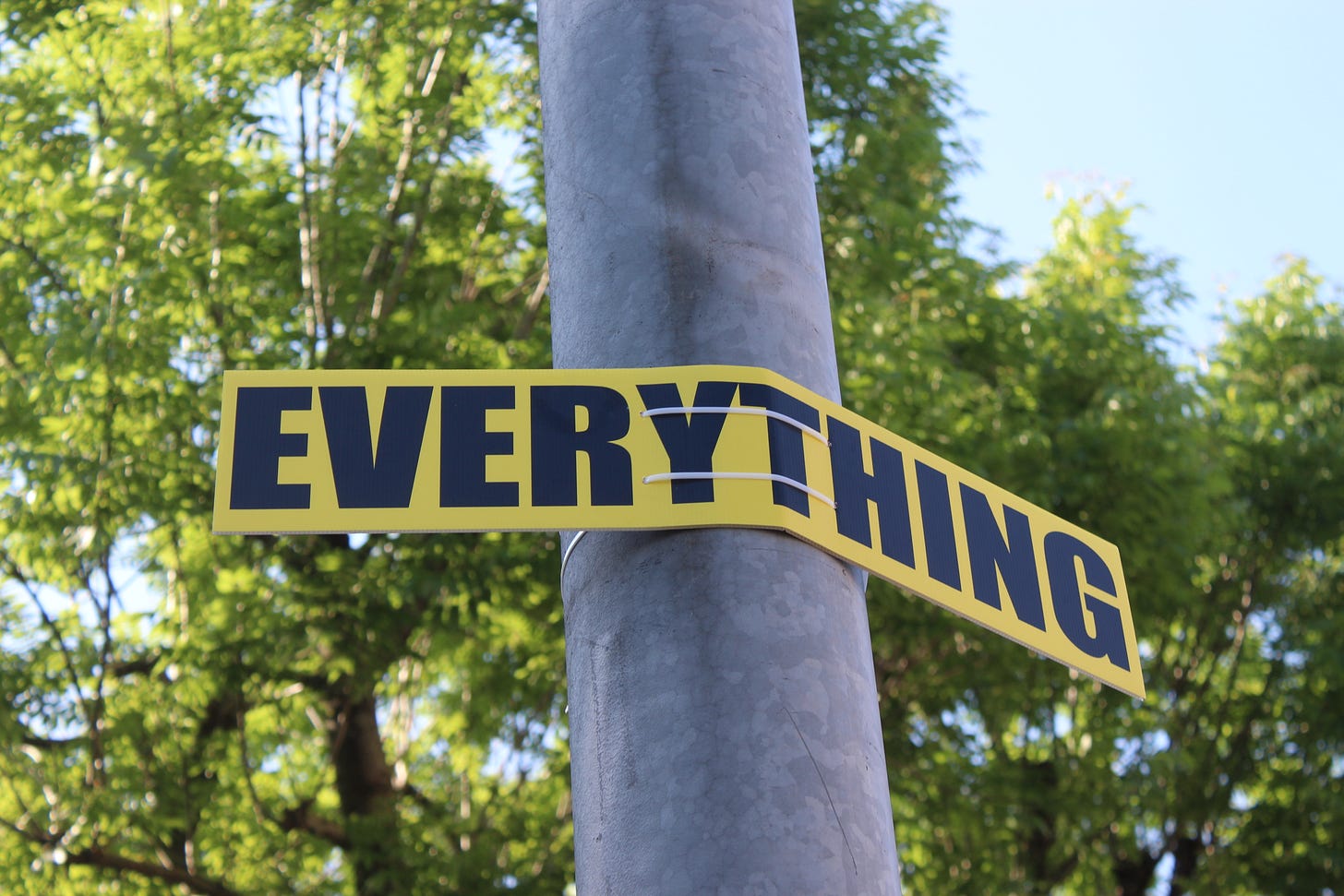In Defence of the Borderline
I’m pretty when I cry
I’m pretty when I cry
I’m pretty when I cry – Lana del Rey
Seduction represents mastery over the symbolic universe, while power represents only mastery of the real universe. – Jean Baudrillard, Seduction
There is the moderate world.
The world of saving money, getting a good job, getting up at the same time every day, eating healthily, brushing your teeth, washing your hands after you use the toilet, staying fit, calling your parents and accepting things as they are, more or less.
The moderate man has reconciled his imagination to the clock and his penis to a balanced portion of whatever women come his way. The moderate man thinks before he speaks and acts and is in tune with the general sensibility of those round him. He has friends, but none of his relationships are too passionate. He studies something useful, buys a house, and starts a family with a woman who has the same attitude to all of these things as he does. He will live and die somewhere in the middle, and all of this will be good. The world needs people like this man, and this woman, and their children.
The need to go astray, to be destroyed, is an extremely private, distant, passionate, turbulent truth. – Georges Bataille
Then there is the other world.
This world is hell, madness, chaos and insanity. In this world people don’t sleep properly, or barely at all, for weeks on end. In this world people are deranged, passionate, violent, unbalanced, but also loving, intoxicated, labile, intense and beautiful. People take drugs—legal, illegal—people drink—people fuck in blackout. People scream at each other in the street. Doors are slammed, things just stop working, as if technology is voicing its disapproval.
In this world, nothing exists outside of a perpetual present which forms a feedback loop with itself, generating higher and higher modes of intensity. Everything is impossible. There are euphoric, desperate declarations of love; there are crashes so dire the only option is ride the evil horse again and hope you don’t get stamped on too hard this time. But you will.
Of course it is better to know where your stuff is. Of course it is better to have no dealings with the law, with the courts, with drama. Of course a calm life is better than one in which everything’s on fire…and yet…
Walt’s recent piece, Women Don’t Have Agency…and that’s why they have power, is a moving, and confessional, paean to the personality disordered woman. Against the bureaucratic, bourgeois imperative, it is instead a heroic commitment to the violence and insanity most societies spend all their time trying to suppress (which makes them mad in a different, and more boring, way). Walt describes a world where women and men tacitly agree to play games that tap into the truths of sexual difference (“But your games are like a fun performance art that makes me far more masculine and agentic, never putting me in an undignified position”).
Walt’s attitude harks back to a heroic age—the world the moderate man has shut out at the cost of feeling very much at all. Walt’s description of his relationship with Rebecca reminded me of the eighteenth century worldview Jean Baudrillard describes in Seduction (1979) when seduction was, alongside valour and honour, “a central preoccupation of the aristocratic spheres”.
In the tepid, transparent, contemporary world (our world), “it is,” for Baudrillard, “the ghost of desire that haunts the defunct reality of sex. Sex is everywhere, except in sexuality.” Seduction, which appears to the transparent age as a “conspiracy of signs” and as “ritual” is perceived as black magic to be exorcised. Seduction is inexorably tied to femininity—“Masculinity has always been haunted by this sudden reversibility within the feminine. Seduction and femininity are ineluctable as the reverse side of sex, meaning and power.”
The feminine seduces “because it is never where it thinks it is, or where it thinks itself.” Walt’s position is, through experience, close to Baudrillard’s. Walt writes: “we could say it doesn’t matter whether or not women have agency, because men ultimately have no choice except to act as though they don’t.”
Given that the strength of the feminine is seduction, women who give themselves over to this game are tapping into the very core of the sexual universe. This is the game of the secret, of acknowledging the power that comes from having nothing, but hiding it anyway. It’s pure allure, pure magic.
Women who are unable for whatever reason to shackle their drive to the world-as-it-is are much closer to the chaos, receptive to the swirling madness of other people’s desire: their ultimately-destructive hyper-empathy extends to what the other wants (as Bataille says: “we all get hard in the same way”). It’s a matter of common knowledge that borderline-personality disordered women are great in bed—given that sex is a desperate attempt to prove that their existence is even possible, we shouldn’t be surprised.
A brief digression on “mental illness”. Everybody wants to have a cool mental illness. We’ve seen waves of self-diagnosis of ADHD and high-end autism, which just seems to give people an excuse to be a bit of a dick and demand that other people feel sorry for them. However, very few people will admit to a diagnosis (a real one) of narcissism, sociopathy or psychopathy or any of the cluster B personality disorders, including borderline or histrionic. This is because people, including people with these disorders, know that these diagnoses are red flags to other, non-deranged humans. (For an alternative account, listen to Sam Vaknin—a diagnosis narcissist and expert on the topic—describe his love for borderline women: you can hear the profound affection in his voice).
Indeed, commentators on Walt’s piece caution him in no uncertain terms to cut all ties with Rebecca, the woman he describes. They’re not wrong, of course.
However, as Walt responds: “a lot of people don’t understand what’s so attractive about this sort of relationship and are warning me to stay away from Rebecca because she’ll ruin my life etc. but the thing is that’s entirely the point.”
Women intoxicated with drama, intensity and desperation, often of their own making—and here the disavowal is at its strongest, which is what I think Walt’s getting at with the agency point—bad things just happen. The reality is: bad things do happen. And the really terrible thing is that the more bad things happen, the more bad things happen. Spend all your time on the edge of sanity and the world becomes a Bosch painting: madness sniffs out madness. Put yourself out there in the world as a desperate, attractive woman, and men will smell it on you like broken water. All the self-harm finds a willing ally in the violence that lies coiled in the heart of man like a snake. Abject, expansive passivity is not victimhood, but, the world being what it is, it usually ends up pretty close.
The borderline, or otherwise personality-disordered woman, knows that what you want. She’ll give you intensity, the cosmic recognition of your manhood in a world where everyone is a eunuch. It’s what she wants too. Her desire to exist, hysterically, is the perfect match for your desire for recognition. You’re locked in. Other sources of intoxication only get in the way. Walt realises too late that Rebecca’s alcohol compulsion is genuine: personality-disordered women have a hard time staying away from these other little pacts with fate. There’s no balanced and moderate way to engage in the intensification of inward or outward-directed harm that doesn’t attempt the impossible, to live in the infinite. Excitation quickly turns to dissipation and the game crashes into bad acting and outright confrontation. The bow-string snaps.
It is better, however, that some men are capable of loving women like this. The dark universe makes for excellent poetry, even (or especially) if everything is covered in bloodied glass. There are trained women and trained men; then there are crazy bitches and romantic motherfuckers. “The heart wants what it wants” says Walt, Sometimes, with age, if you can get there, the madness mellows, and intensity alchemically mutates into something more settled, but some things, and some people, just can’t be tamed. And that’s just how it is.






A brief response to Roger and Elizabeth: I do agree that these labels can be unhelpful and imprisoning and often say more about the family/social environment than about the individual (in this sense, Laing & Cooper remain relevant in their discussion of schizophrenia, even if I would not agree with their broader conclusions about the family). As somebody who has been labelled "mad" and "abusive" and all kinds of other words for evil, particularly when I broke with progressive doctrines and spoke to people who had already been shunned, I am extremely sensitive to both labels and social ostracism. I am fully aware of the way "difficult" women in particular are labelled and always have been (in different ways). I have every sympathy for people who do not know how to behave well, because I am that person and in order not to be that person, I have to daily engage in all kinds of structures and restrictions and programmes. I agree with Elizabeth that "Enduring beauty is in moderation and wisdom, in having enough to eat, in prayer and reverence." It can, however, take some people an enormously long time to get there, and some people will never get there. I don't want difficult people to be shunned.
My attempt here - knowing that it would be unpopular - is to take up Walt's feeling that he is better-placed to handle someone who behaves in maladaptive ways than other people. In my experience, it is the case that some men can handle very difficult women, and they get something positive out of it. This seems to me to be a win-win situation, and also better for those people who suffer negatively when confronted by chaotic people, insofar as they are protected from them because there's someone who can handle them in between.
I also know of one woman who received a BPD diagnosis very early in her life for whom it was very helpful. She had years of DBT and group therapy and has since flourished in intellectual circles. The current implicit metaphysics of our age has put aside demon possession and replaced it with a therapeutic worldview, no doubt. I have seen how people who want to demonise me struggle to decide whether I am sick, mad, or evil. The same trilemma occurs whenever we think about addiction or antisocial behaviour, and we have not made up our collective mind. My over-riding feeling is one of love and sympathy for suffering, and that includes people who are hurt by others, those who hurt and those who denounce.
Romanticizing dysfunction is bad, actually.